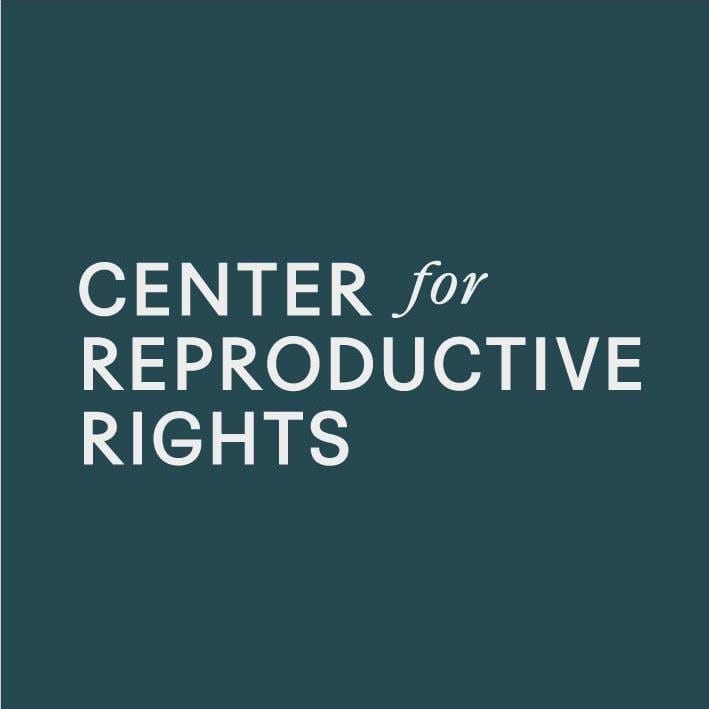U.S. Recommits to Sexual and Reproductive Health and Rights at the UN Human Rights Council
Biden-Harris Administration’s Commitment Marks Reversal of Trump Administration’s Policies

The Biden-Harris administration took a significant step forward last week in reversing the Trump administration’s harmful policies undermining gender equity and equality when it committed to promoting sexual and reproductive health and rights in the United States and around the world. The commitment, made March 17 before the UN Human Rights Council, was in response to recommendations made at the U.S.’s Universal Periodic Review (UPR) in November.
The UPR is a comprehensive human rights review conducted by U.N. member states for each country, usually every four years. During the U.S.’s review, the United States—represented at the time by the Trump administration—received hundreds of recommendations from U.N. member states on a range of issues, with several focusing on sexual and reproductive health and rights (SRHR). Among those recommendations were improving equitable access to comprehensive sexual and reproductive health care and services, advancing universal access to maternal health care, ending restrictions on international aid for sexual and reproductive health services, and improving access to basic health services for migrants and refugees in detention.
In remarks at the Human Rights Council during adoption of the U.S. report last week, the U.S. representative noted the new administration’s belief in “the advancement of gender equality and women’s and girls’ empowerment, including promoting their sexual and reproductive health and rights, both in the United States and globally.”
The Biden-Harris administration’s response to the UPR marks a reversal of the Trump administration’s disavowal of such international human rights protections, and a rebuke of the previous administration’s policies. Those policies systematically undermined access to the full range of reproductive health care, from quality prenatal and pregnancy care to abortion care, exacerbating systemic inequalities and disproportionately impacting marginalized communities, including Black, Indigenous, and people of color, people with disabilities, LGBTQ+ people, immigrants, people with low-income or living in poverty, and people who are incarcerated.
In a March 19 article for the American Constitution Society, Risa E. Kaufman, Director of U.S. Human Rights for the Center for Reproductive Rights, said that the UPR offers the Biden-Harris administration the opportunity to “turn the page on the Trump administration’s failings, including with respect to sexual and reproductive health and rights.” In the post, titled “The U.S. Recommits to Sexual and Reproductive Health and Rights,” Kaufman discusses the significance of the new administration’s commitment and outlines measures it should take to make good on the commitment and advance reproductive health and rights across the globe.
The Biden-Harris administration “has taken critical steps to undo some of the Trump-era wrongs related to sexual and reproductive health and rights,” says Kaufman. Those include repealing the Global Gag Rule; taking steps to rescind the restrictions on clinics receiving Title X funding; withdrawing the U.S.’s sponsorship from the anti-abortion and anti-LGBTQ Geneva Consensus Declaration; restoring funding to the UN Population Fund (UNFPA); reversing the Trump administration’s effort to withdraw from the World Health Organization; and establishing a new Gender Policy Council with a key role in advancing domestic and foreign policy development.
“Next must come meaningful action, including robust implementation of the UPR recommendations that the administration is now on record as supporting,” says Kaufman, and she recommends numerous additional steps that the new administration should take to advance sexual and reproductive health and rights. Among those are rescinding Trump-era rules that allow health care workers to deny reproductive health services and information to patients and that enable employers and universities to deny contraceptive coverage to their employees and students; allowing access to medication abortion by telemedicine; ending the discriminatory Hyde Amendment; stopping over-broad implementation of the Helms Amendment; and restoring reporting on sexual and reproductive health and rights in the State Department’s annual Country Reports on Human Rights Practices.
The administration should also champion federal legislation such as the Women’s Health Protection Act, which would safeguard abortion access; the EACH Act (Equitable Access to Care and Health Act), which would reverse the Hyde Amendment and related abortion funding restrictions; the Global HER Act (Global Health, Empowerment, and Rights Act), which would permanently repeal the Global Gag Rule; the Abortion is Health Care Everywhere Act, which would repeal the Helms Amendment; and the Black Maternal Health Momnibus Act, which would address racial disparities in maternal health care.
Reproductive rights are human rights, grounded in the Universal Declaration of Human Rights and the core human rights treaties. In supporting UPR recommendations, the Biden-Harris administration has reasserted the U.S.’s commitment to sexual and reproductive health and rights—but more action is needed for this commitment to have real impact on people’s lives both in the United States and around the world.
Read the complete article here:
- “The U.S. Recommits to Sexual and Reproductive Health and Rights,” by Risa E. Kaufman, Director of U.S. Human Rights for the Center for Reproductive Rights, 03/19/21
Related content:


